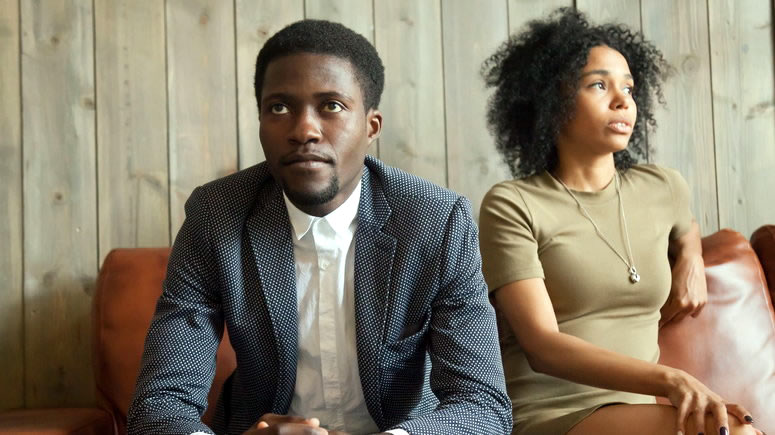Lost in the couple: the danger of symbiotic relationships
Remember that time you fell in love and the rest of the world just disappeared? Falling in love is a bit like losing yourself to somebody else. At the early stages of a relationship, very often we feel like we have gone a bit crazy. There is chemistry behind falling in love and, although individuals experience it differently, it is shown that dopamine has a powerful impact on our brain and makes us feel like we are high on drugs.
When love turns into symbiosis
A very common pitfall for couples is living as if they are one, namely, living in symbiosis. Symbiosis is a synonym for "being dependent on one another". During the first period of a romantic relationship partners feel naturally symbiotic, it’s reassuring to think alike, feel alike, not need words to understand each other, and to feel like we finally found each other.
This idyllic romance has one massive disadvantage though: the projection of parts of ourselves onto the other, together with dreaded feelings such as fear of rejection, anger, frustration, rage, lack of trust, and resentment. What we are doing is unconsciously bringing back to life old patterns often experienced in our family when we were young. Patterns that we lived in our childhood and that, sneakily, impact our relationships and their healthy development. We might feel that our emotional needs weren’t met and, as a consequence, we endlessly seek for them to be fulfilled by our partner. Or we may be using dysfunctional strategies in an attempt to unconsciously reconfirm what we think we deserve or expect from life.
When you feel like you don’t know who you are anymore
Over time in a relationship you run the risk of playing a role that is expected of you. You may begin to resent not being able to be the person you used to be, or the one you want to be. You might blame your partner for your own impoverishment and sense of loss of identity. That’s how we get lost in the couple. We are confused and can’t recognize which thoughts are coming from ourselves and which ones from the other.
Are you thinking and acting upon an identity that you have been given by your partner? Have you been wearing an identity that you believed was the only way to allow him or her to love you? Somewhere, somehow, who you really are and your true values may have got lost. It has never been more difficult to answer that simple question: who am I?
How to maintain your identity while nourishing your relationship
Here are five ways to keep a strong sense of self identity while maintaining a loving relationship:
- First of all, stop mind reading! When you try to fill in the blanks, you risk projecting thoughts and feelings that aren’t in any way coming from your partner. Mind reading provides a false and fictitious sense of control. Be assertive and ask what your partner is thinking before jumping to conclusions.
- Communicate from your "grown-up side" When experiencing intense negative emotions, the tendency is to speak impulsively and forget that the child hidden in us is there just waiting to be able to jump out and mess around. If you need to clarify or communicate important thoughts, be sure to consider all aspects of reality, without blacking out and/or blowing aspects of the situation out of proportion. Be in the here-and-now.
- Cultivate your own interests When you were single, I’m sure you had interests you liked to enjoy by yourself and would give you a clear sense of identity by re-confirming who you are and what’s important for you. Giving them up can eventually backfire and damage your identity and the couple.
- Keep your values in mind Values, that is what is important for you in life, will work like boundaries, allowing you to engage into behaviors and take decisions that are coherent with your real self.
- Remember your friends. At the beginning, let’s face it, all you need is each other, you are in a bubble of passion and love. Isolation is a trap of symbiosis as we slowly slide inwards. Remain open to discover the world together. Your friends will be the ones supporting you when your relationship goes through the natural and healthy hiccups, they will help you to look at each other from a different perspective.
Symbiosis is risky because it develops from the need to be attached to the other, which is human nature. Keep these tips in mind to help avoid it and live your relationships more authentically.
(c) Melania Zampieri


